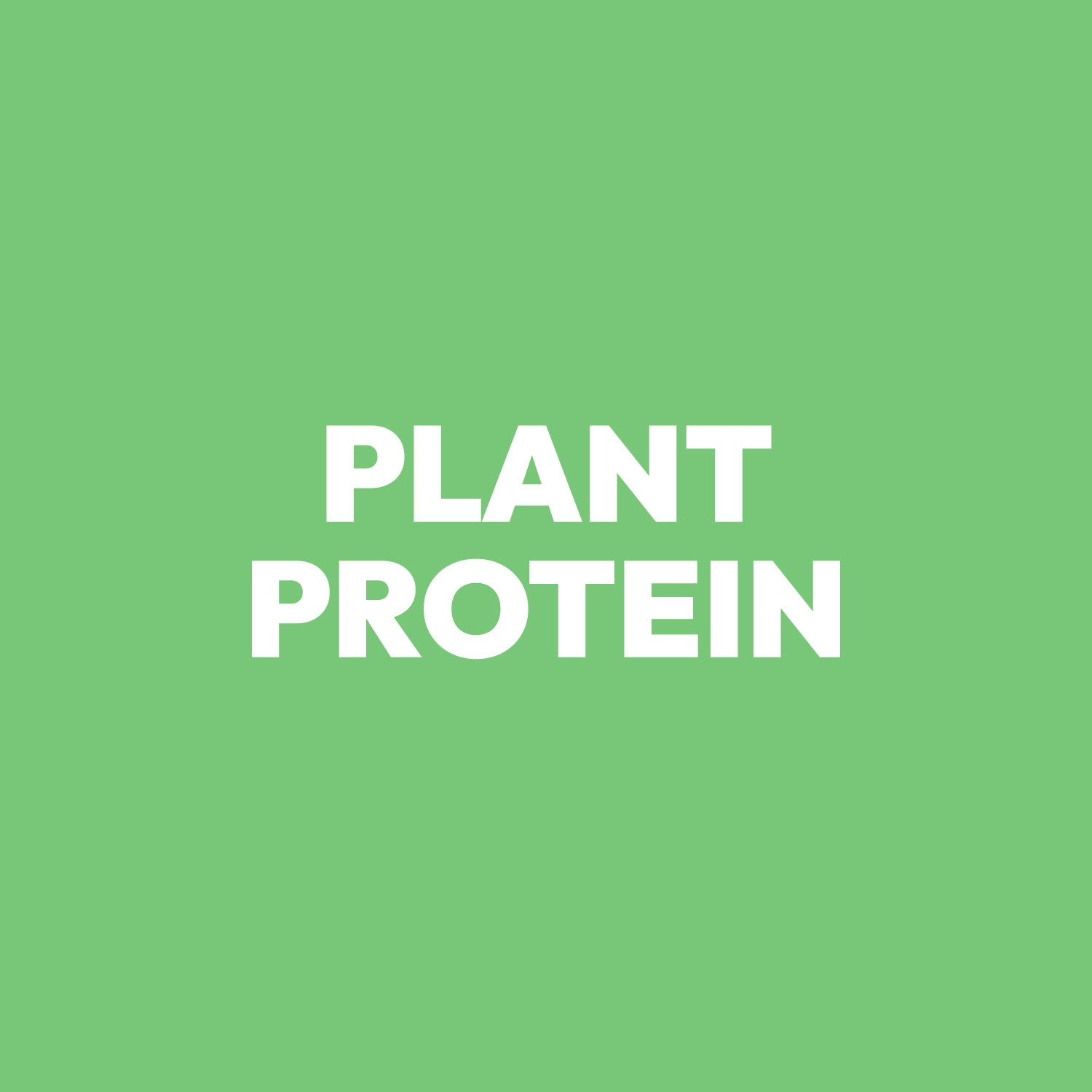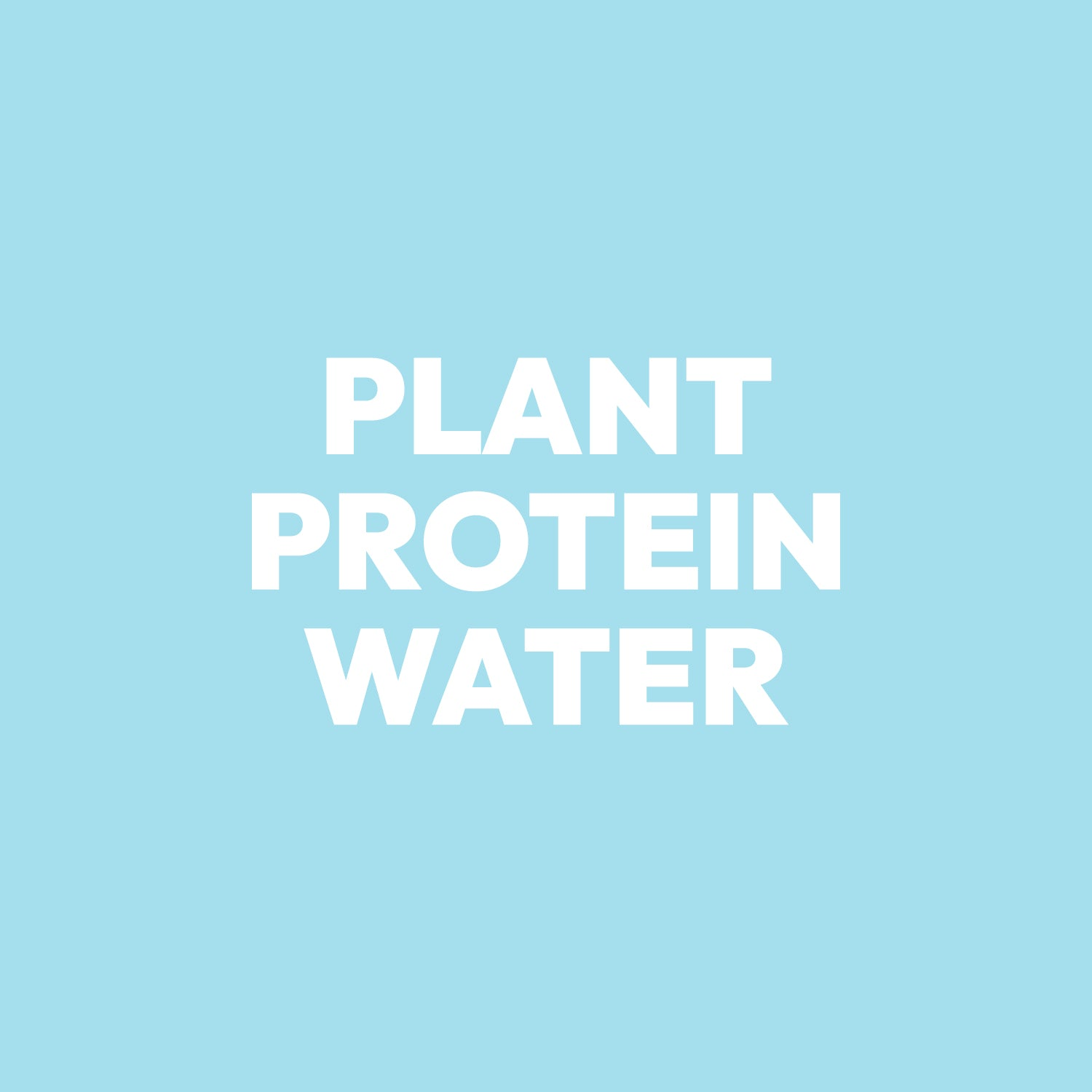

Vegetarian and Creatine: What You Need to Know?
If you're following a vegetarian diet (or even a vegan diet) and rocking those plant‑based meals, here's a hidden gem you might be missing: creatine supplementation. Sure, it's popular with weightlifters and athletes, but there's more to this white powder than bulging biceps... it touches on brain function, body composition, and even energy on a Monday morning. Let’s dive in, sprinkle in some science, and keep things light and readable.
1. What on Earth Is Creatine Anyway?
Creatine is a non‑protein amino acid—made from amino acids like arginine, glycine, and methionine through creatine synthesis in your body. So it's non-essential—you can live without supplementing. Still, most of your muscle creatine stores (around 95%) reside in skeletal muscle, with a little tucked away in the brain.
👉 In short: it's your body’s rapid energy production system.
Here’s where the creatine kinase system comes in: phosphocreatine donates phosphate groups to ADP to rapidly regenerate ATP — the go-to energy source for short bursts of activity like sprinting, weight training, or yawning at 3 pm when you've had no caffeine. More phosphocreatine → more adenosine triphosphate (ATP) → better high intensity exercise performance.
Also, interestingly, phosphocreatine decreases rapidly during exercise, leading to fatigue. That’s why higher muscle creatine concentration helps you go harder, longer.
2. Vegetarian & Vegan Folks: Are You Low in Creatine?
Yes—and here comes some us‑and‑them stats: people eating animal products like beef, lamb, fish, pork or chicken typically get about 1g of dietary creatine intake every day from meat or seafood. But plant based foods? Zero. Nada. Zilch. Egg and dairy eaters might get a pinch, but not nearly enough. That’s why many vegetarians and omnivores differ in muscle creatine stores.
Studies confirm that vegetarians and vegans often have lower creatine stores in both blood and muscle cells, potentially affecting muscle creatine levels, physical performance, and muscular endurance task capacity. You won’t be chronically deficient—since your body still produces around 1 g/day—but your normal diet just doesn’t stack up to omnivore intake.
3. Why Creatine Supplementation Might Be Your Best Mate
⚡ Boost Energy & Strength
With oral creatine monohydrate supplementation, you elevate muscle creatine concentration, ensuring ATP resynthesis happens faster during bursts of effort. Research shows this can lead to enhanced exercise performance, improved muscle mass, and increased lean tissue mass when paired with resistance training. Weakness and fatigue bow out. Performance in resistance exercise training, weight training, or sport gets a noticeable lift.
🧠 Brain & Mood Benefits
Creatine isn’t just for muscles. It’s pivotal in energy metabolism of the brain too. Supplementation may support cognitive functioning, helping reduce mental fatigue, enhance short‑term memory, and boost brain performance when you're feeling like a zombie. While vegetarians typically have normal creatine stores in the brain thanks to creatine synthesis, topping them up might help with focus, mood, or even depression in some cases.
🧬 Body Composition & Recovery
Because you're able to train at higher intensities longer, the result is better training adaptations—such as greater muscle mass, improved body composition, and faster recovery from DOMS (delayed onset muscle soreness). This is also where creatine supplements shine for recreational athletes or anyone wanting that toned definition.
4. The Best Kind: Creatine Monohydrate
Creatine monohydrate supplementation is the gold standard: most studies, most efficacy, most bang for buck. This plain white powder is ~99% bioavailable and nearly all gets absorbed into your system. Most vegan creatine products are synthetic—made from sarcosine and cyanamide—so no animal products involved. Still, always double‑check for vegan certification to be sure.
Other forms like creatine ethyl ester, buffered creatine or creatine hydrochloride exist, but they’re not as well‑supported by research and can be costlier or less effective. Stick with creatine monohydrate, ideally certified vegan.
5. How to Take Creatine (Loading & Maintenance Protocols)
🏁 Fast Loading (for rapid satisfaction)
-
20–25g per day (split into 4‑5 doses of ~5g each) over 5–7 days.
-
Then shift to maintenance dose: 3–5g/day.
-
Veggies folks may benefit from the higher end of 3–5g/day since bloodstream stores are often lower.
🐢 Slow & Steady Dosing (no gut drama)
-
No lead‑in loading phase.
-
Take 3–5g daily from the start.
-
Full saturation happens over ~4 weeks with consistency.
⏰ Timing & Uptake
-
Timing isn’t crucial—what matters is daily consistency.
-
Taking post‑workout with carbs and protein may slightly enhance uptake into muscle cells, especially during the loading window. But don’t stress it.
🔄 Cycling Myths Busted
-
No need to cycle off. Continuous use does not reduce your body’s ability to produce creatine naturally. Cycling would only reduce your creatine stores unnecessarily.
🤷 Missed a Day?
-
Don’t sweat it. You’ve got a buffer: your muscles take ~30 days to drop to baseline after stopping. A skip here and there is negligible—but consistency is king.
6. Safety & Side Effects: What to Know
Creatine supplementation appears safe for healthy individuals when used appropriately. Side effects may include minor intracellular water retention (usually 1–3kg during the loading phase), which might make you feel slightly “puffy” briefly. You’ll likely adapt quickly.
Other concerns like pretty common myths (kidney damage, cramps, dehydration) have been largely debunked. Long‑term studies (over 5 years in some cases) show no harm in healthy users. If you have kidney disease, talk to your doc.
7. Results: What Veggies & Vegans Tend to See
-
Stronger muscles, better lifts, longer sprints
-
Sharper brain, less brain fog, more stamina for that midday Zoom
-
Better body composition, faster recovery, less post-exercise soreness
-
Improved resistance training adaptations and athletic output even in recreational athletes
-
Potential moderation of cardiovascular risk factors and improved hydration status
👀 Studies show plant‑based individuals often respond even more impressively than omnivores because their baseline muscle creatine stores are lower—so they get a bigger boost.
Final Thoughts about vegetarian and creatine
-
Dietary intake of creatine is nearly zero for plant‑based eaters.
-
Creatine supplementation—in the form of creatine monohydrate supplementation, especially vegan certified—is safe, affordable, and effective.
-
It enhances muscle creatine stores, boosts energy production, improves exercise performance, supports body composition, and may sharpen the brain.
-
Vegans and vegetarians stand to benefit even more than omnivores due to lower baseline creatine stores.
-
Follow easy protocols (loading or slow‑load), stay consistent, and enjoy the gains.
Ready to level up? Choose our Creatine Monohydrate for a clean, reliable, and 100% vegan-friendly option. Proudly packed in Australia with no fillers or nasties, this pharmaceutical-grade creatine supports your strength, energy, and mental focus—day in, day out. With its neutral taste and smooth mixability, it slots right into your routine—whether it’s a glass of water or your go-to shake. Give your body (and brain) the creatine it truly deserves.

Summary Table: Creatine & Plant-Based Diets
|
Aspect |
Vegetarians/Vegans |
Omnivores |
|---|---|---|
|
Dietary Creatine Intake |
~0g/day (no creatine in plant-based foods) |
~1g/day (from meat/fish) |
|
Muscle Creatine Stores |
Lower |
Higher |
|
Need for Supplementation |
High (for energy, muscle, and brain benefits) |
Optional (may still benefit performance) |
|
Creatine Type Recommended |
Creatine Monohydrate (vegan certified) |
Creatine Monohydrate |
|
Supplementation Protocol |
Loading (20–25g/day x 5-7 days) then 3–5g/day maintenance OR 3–5g/day consistently |
Same |
|
Performance Benefits |
Greater impact due to low baseline |
Moderate impact |
|
Cognitive & Mood Benefits |
Possible improvements in fatigue and memory |
Less pronounced (baseline brain stores usually sufficient) |
|
Safety Profile |
Safe if healthy; check labels for vegan certification |
Safe if healthy |
|
Best Timing |
Daily; post-workout optional with carbs/protein |
Same |
|
Common Myths |
Cycling off not needed; doesn’t bulk you up excessively |
Same |
Share:
0 comments
FAQ about vegetarian and creatine
More blogs
-

Complete Guide to Gluten-Free Living – the Botanika Way
About 2% of the world’s population has to follow a strict gluten-free diet for medical reasons—but there's still a lot of confusion out there. Let’s get one thing straight: going gluten free isn’t just another trend. For millions with celiac...
-

Is it possible to reduce weight in a vegan diet?
If you've ever wondered, "Can I actually lose weight on a vegan diet?" the answer is a resounding YES. A vegan lifestyle isn't just about saving animals and hugging trees (though we’re big fans of both)—it can be a seriously...
-

Is a Plant‑Based Diet Better Than a High‑Protein Diet?
With so many diet trends battling for attention, it’s easy to get confused between going plant-based and following a high-protein meal plan. Both have passionate supporters, science-backed benefits, and unique approaches to fuelling your body—but which one truly leads to...














